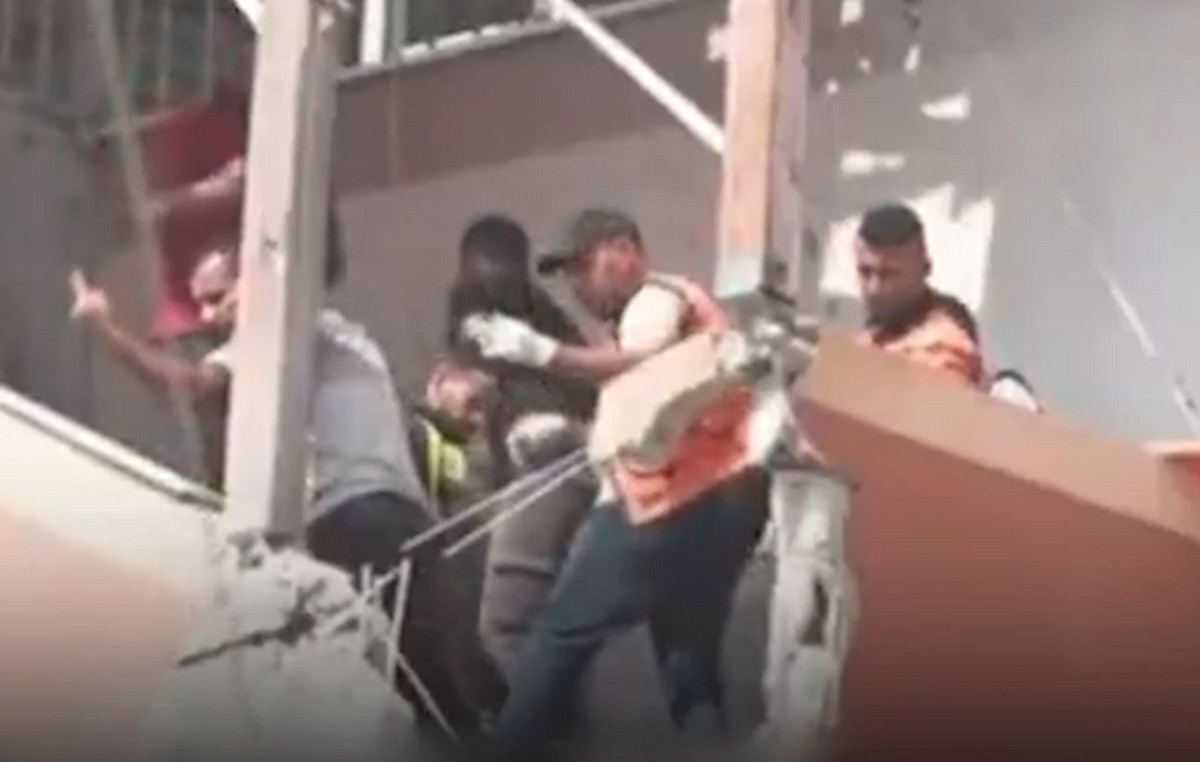As of this Thursday (19), requests for the arrest of those under investigation can no longer be made solely based on photographic recognition in Rio de Janeiro, as of this Thursday (19).
The law, sanctioned by Governor Cláudio Castro (PL) today and published in the Official Gazette, also explains the new investigation and registration procedures.
The measure guarantees that the arrest request can still be made through photographic recognition, as long as there is evidence of authorship and materiality. To investigate the versions, the police may request data from telephone operators and telematic data from the person being investigated.
Previous interviews with victims and witnesses were also included in the procedure to gather a description of the suspect. Furthermore, it is up to the police authorities to record the degree of conviction of the victim or witness, in their own words.
The text also determines that all stages must be recorded and, if requested, made available to the parties to the process.
The project is signed by state deputies Luiz Paulo (PSD) and Carlos Minc (PSB). It was also co-authored by parliamentarians Flávio Serafini (PSOL), Lucinha (PSD), Dani Monteiro (PSOL), Renata Souza (PSOL), Célia Jordão (PL), Giovani Ratinho (Solidariedade), Brazão (União), Martha Rocha ( PDT) and Átila Nunes (PSD).
Minc states that the initiative brought together deputies from different ideological currents to resolve the problem of structural racism which, according to him, plagues the institutions of the state of Rio de Janeiro.
“With this law, we are not doing justice, we are trying to alleviate injustices, because structural racism continues. This project became part of all ideological currents in this House, this is victory. Fighting structural racism is a historic struggle, and small victories need to be celebrated. Everyone wants to end or reduce this injustice, which has led to innocent people being imprisoned. There is no remedy for this”, said the politician.
In 2019, the Public Defender’s Office of Rio de Janeiro gathered the 47 cases from that year in which photographic recognition was used as a method of arrest, without the recognition being confirmed in court and in which the sentence was acquittal, that is, in which the charges against the accused are unfounded. Through this number, the Directorate of Studies and Research on Access to Justice (DEPAJ) reported that 80% of those detained in these cases were black.
* Under the supervision of Marcos Rosendo
Source: CNN Brasil
I’m James Harper, a highly experienced and accomplished news writer for World Stock Market. I have been writing in the Politics section of the website for over five years, providing readers with up-to-date and insightful information about current events in politics. My work is widely read and respected by many industry professionals as well as laymen.







